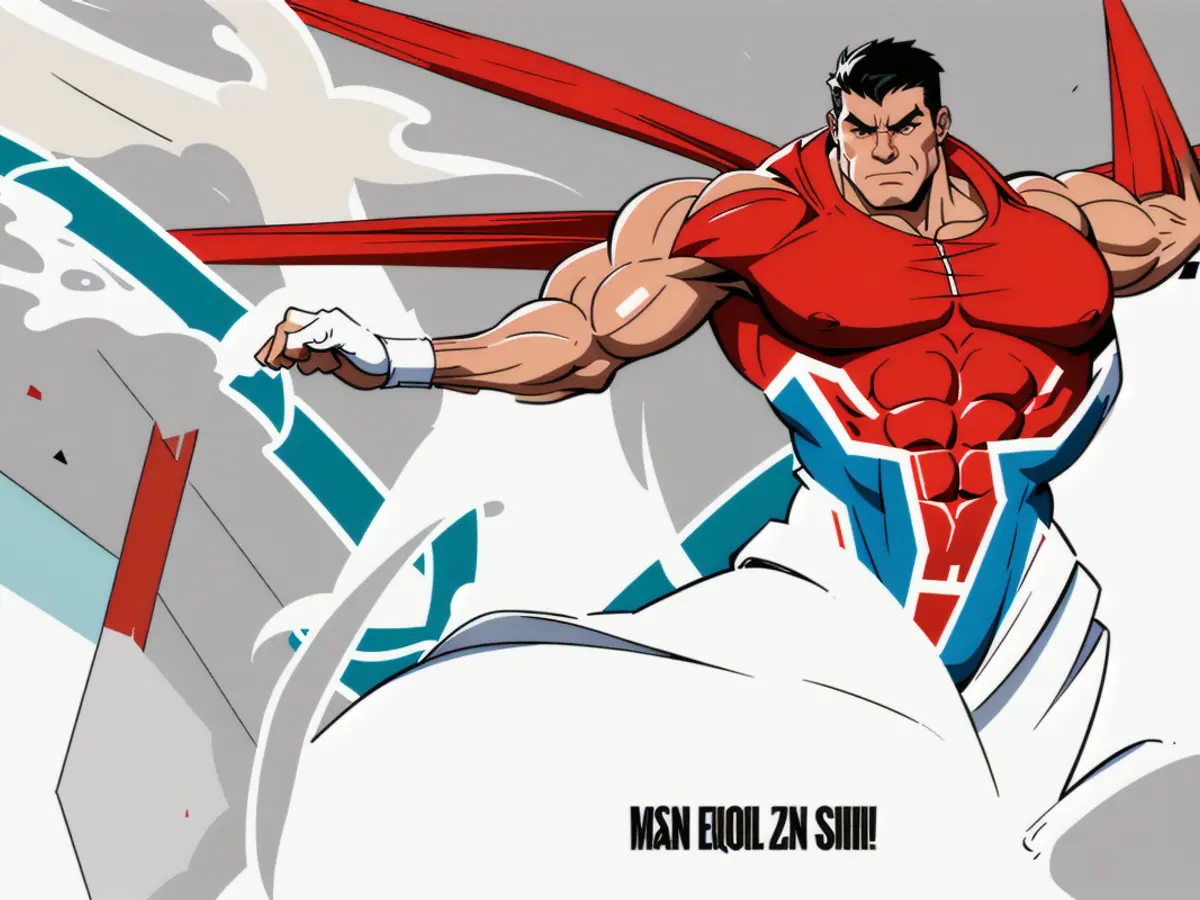China's Belt and Road Initiative Pursues Long-Term Globally Dominant Position
"From Biden's lips, America's commitment to Africa is unwavering."
This statement was made by President Biden during his recent visit to Angola, a substantial African nation roughly the size of Alaska, with a population of nearly 40 million individuals.
I'd like to think he's being truthful, considering that by 2050, one out of every four people on the planet will be African. However, I'm finding it challenging to put my trust in his words for three reasons:
(1) Biden appears to be joining a party that's been in full swing since 2013, with China taking the lead.
(2) Former President Trump, with his "America First" policy, seems uninterested in this party at all.
(3) The EU, another major global trade player, is very much involved in Africa, making room for Biden's words rather slim.
Not much wiggle room, you might say.
21st Century Global Trade
China kicked off their Belt and Road Initiative (BRI) in 2013, which has already constructed ocean and inland water ports, rail ports, and transcontinental rail systems connecting 150 countries, home to two-thirds of the world's population. The BRI, often referred to as the "Modern Silk Road," has left its mark on about half the world's nations, according to the United Nations' categorization.
A Century-Old Blueprint for Leadership
There's a striking resemblance – a historical echo, if you will – to a monumental world-changer, instated by an American president a century before the BRI, which should have prompted the American leadership to stake its claim in Africa far earlier. I'm sure you'll figure it out by the end.
Moving ahead, with clear plans to build ports, rail, and roads, China has forged strong relationships easily, and when it came to financing these projects, most of the target countries couldn't even fathom it. But China was there, ready with its Asia Infrastructure Investment Bank.
Imagine the conversation going something like this: "Fancy building a rail, road, and port system that will connect you to the rest of the world?" "Sure, but we don't have the funds?" "No sweat; just sign here."
Global Collaborations on the Rise
And they did – en masse. And if you look at what a map of the globe will look like in 2049, the end game for the Chinese BRI plan, you'll see very few countries not involved, including many of America's other major trading partners, like Canada, Australia, and the BRICS alliance (Brazil, Russia, India, China, South Africa, and new nations aligned with the alliance, including Iran, Egypt, Ethiopia, and the U.A.E.).
The consequences of defaulting on these loans have yet to be seen, but the term "predatory lender" comes to mind. It's more formally known as a debt trap. The benefits, however, are self-evident. Countries in a position to grow will fare well; think of how successful the Marshall Plan was – for both the war-ravaged nations of World War II and for the U.S itself. It's why they remain America's allies – 75 years later. China is well aware of this. Keep in mind that, as per UN data, only 21 countries have a GDP that exceeds Walmart's annual revenue, which is currently at around $700 billion.
After the post-war reconstruction, President John F. Kennedy stated in his inaugural address (January 20, 1961), "Let all our neighbors know that we shall join with them to oppose aggression or subversion anywhere in the Americas. And let every other power know that this hemisphere intends to remain the master of its own house." This was not just a military pledge; it set in motion decades of trade and American dominance. Every other western hemisphere country, except one – Soviet-controlled Cuba – stood up and declared, in diplomatic terms, "We're in, too."
The American Century / The Chinese Century?
The 20th century is rightfully known as "The American Century." But for the same reasons and strategies, China appears determined to wrest that title away from the U.S.
And what was that American initiative that preceded China's BRI by a century? It couldn't be more fitting: the Panama Canal.
Of course. But who got there first? The 21st century might well belong to...?
Despite President Biden's commitment to Africa, his leadership vision may face challenges due to the existing involvement of China, which initiated the Belt and Road Initiative (BRI) in 2013. This initiative has significantly impacted many African nations through infrastructure development.
The similarities between China's BRI and a century-old American initiative are striking, suggesting that America could have staked its claim in Africa much earlier. Understanding this historical echo could provide insight into strengthening America's leadership vision in global trade.







